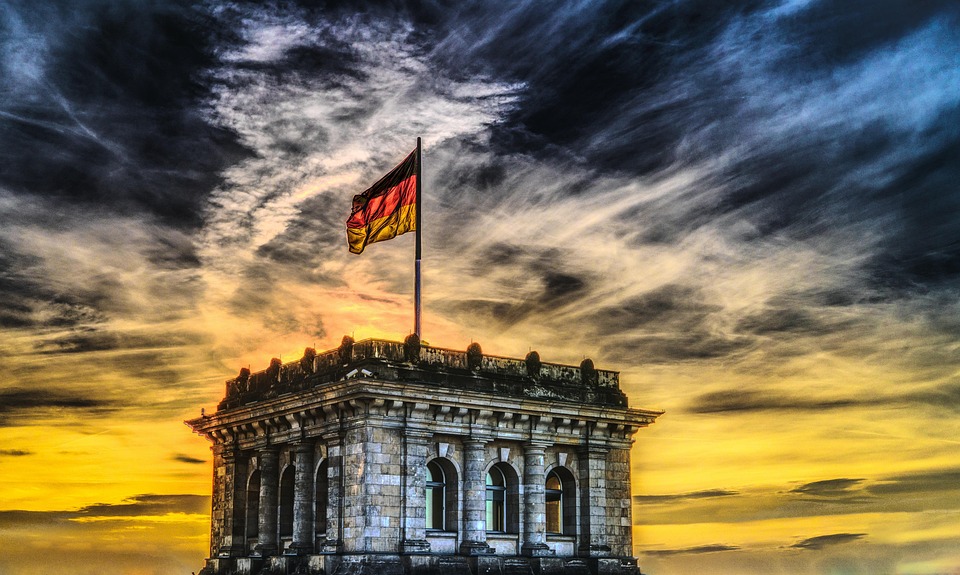[ad_1]
The rise of cryptocurrency and blockchain technology has fundamentally altered the way we think about governance, finance, and organizational structure. One of the most compelling trends in this space is decentralized decision-making. This article explores how decentralized governance systems work, their benefits, challenges, and how they are shaping the future of crypto governance.
What is Decentralized Decision-Making?
Decentralized decision-making refers to the process where control and authority are distributed away from a central authority. In the context of cryptocurrency, this often applies to how decisions are made within a blockchain’s ecosystem. Traditionally, governance structures have been hierarchical, with authority concentrated at the top. In contrast, decentralized systems empower all participants, allowing for collective decision-making.
Key Features of Decentralized Decision-Making
1. Transparency
Blockchain technology inherently offers transparency, as every transaction and decision is recorded on a public ledger. This ensures that all stakeholders can observe decision-making processes, thereby fostering trust and accountability.
2. Inclusivity
Decentralized governance structures invite participation from a diverse array of stakeholders. This inclusivity allows for a range of perspectives and ideas, ultimately leading to more informed and democratic outcomes.
3. Flexibility
Decentralized decision-making can quickly adapt to new information or changing circumstances. With stakeholders directly involved, responses to challenges can be more agile and nuanced.
The Role of Smart Contracts
At the heart of many decentralized governance frameworks are smart contracts—self-executing agreements coded onto the blockchain. These digital contracts automatically enforce rules and decisions made by the community, removing the need for intermediaries. Smart contracts help streamline processes, reduce costs, and eliminate human error.
Benefits of Decentralized Decision-Making
1. Enhanced Security
Using blockchain technology ensures that data cannot be easily manipulated. The consensus mechanisms required for making decisions (such as Proof of Work or Proof of Stake) further enhance security, making malicious attacks nearly impossible.
2. Reduced Corruption
Decentralization minimizes the risk of corruption since no single entity controls the entire system. This is particularly important in financial systems, where transparency and accountability are paramount.
3. Greater Innovation
The collaborative nature of decentralized governance encourages innovation. When many minds come together to contribute ideas, the result is often groundbreaking solutions that would not be possible in a traditional hierarchical structure.
Case Studies of Decentralized Governance
1. MakerDAO
MakerDAO is a decentralized autonomous organization (DAO) that manages the DAI stablecoin. Decision-making power is distributed among MKR token holders, who participate in governance by voting on proposals that affect DAI’s collateralization and stability mechanisms. This structure embodies the principles of decentralized governance, allowing users to have a direct impact.
2. Aragon
Aragon provides tools for creating and managing decentralized organizations. With a built-in governance framework, participants can vote on proposals, treasury management, and other organizational aspects. Aragon exemplifies how decentralized decision-making can empower communities to shape their own governance.
Challenges in Decentralized Governance
1. Voter Apathy
While decentralized governance aims to promote inclusivity, many participants may not engage in the voting process, leading to low turnout and governance decisions being made by a small minority. This can undermine the democratic intent of decentralized decision-making.
2. Complexity of Decision-Making
As the number of stakeholders grows, reaching a consensus can become increasingly complicated. Balancing diverse viewpoints while ensuring effective and timely decision-making remains a significant challenge.
3. Regulatory Uncertainty
As decentralized governance structures are still relatively new, regulatory frameworks are unclear. This lack of regulation can deter institutional investment and hinder the adoption of decentralized systems.
The Future of Decentralized Governance
Despite the challenges, the future of decentralized decision-making looks promising. Increased adoption of blockchain technology, coupled with continuous innovations, will likely lead to more refined governance models. As more organizations experiment with decentralized governance, best practices will emerge, ultimately making these systems more effective and user-friendly.
Conclusion
Decentralized decision-making represents a paradigm shift in how organizations operate, particularly in the context of cryptocurrency. By promoting transparency, inclusivity, and accountability, decentralized governance offers a viable alternative to traditional hierarchical systems. While challenges exist, the potential benefits far outweigh them, positioning decentralized governance as a key player in the evolution of finance and organizational structures. As we move forward, the continued exploration and refinement of decentralized decision-making will likely pave the way for a more equitable and innovative future.
Frequently Asked Questions (FAQs)
1. What is decentralized governance?
Decentralized governance refers to decision-making processes that distribute authority across a network rather than concentrating it in a central entity. In cryptocurrencies, this often involves community voting and consensus mechanisms.
2. What are smart contracts?
Smart contracts are self-executing contracts with the terms of the agreement directly written into code. They automatically enforce and execute transactions on the blockchain, eliminating the need for intermediaries.
3. What are the benefits of decentralized decision-making?
Benefits include enhanced security, reduced corruption, increased accountability, and greater innovation through collaborative input from diverse stakeholders.
4. What are some challenges of decentralized governance?
Challenges include voter apathy, complexity in reaching consensus, and regulatory uncertainties that could impact the adoption of decentralized systems.
5. How can I participate in decentralized governance?
Participation typically involves obtaining tokens associated with a decentralized platform, which grants you voting rights on governance issues. Always research each project’s governance model to understand how you can contribute.
[ad_2]
